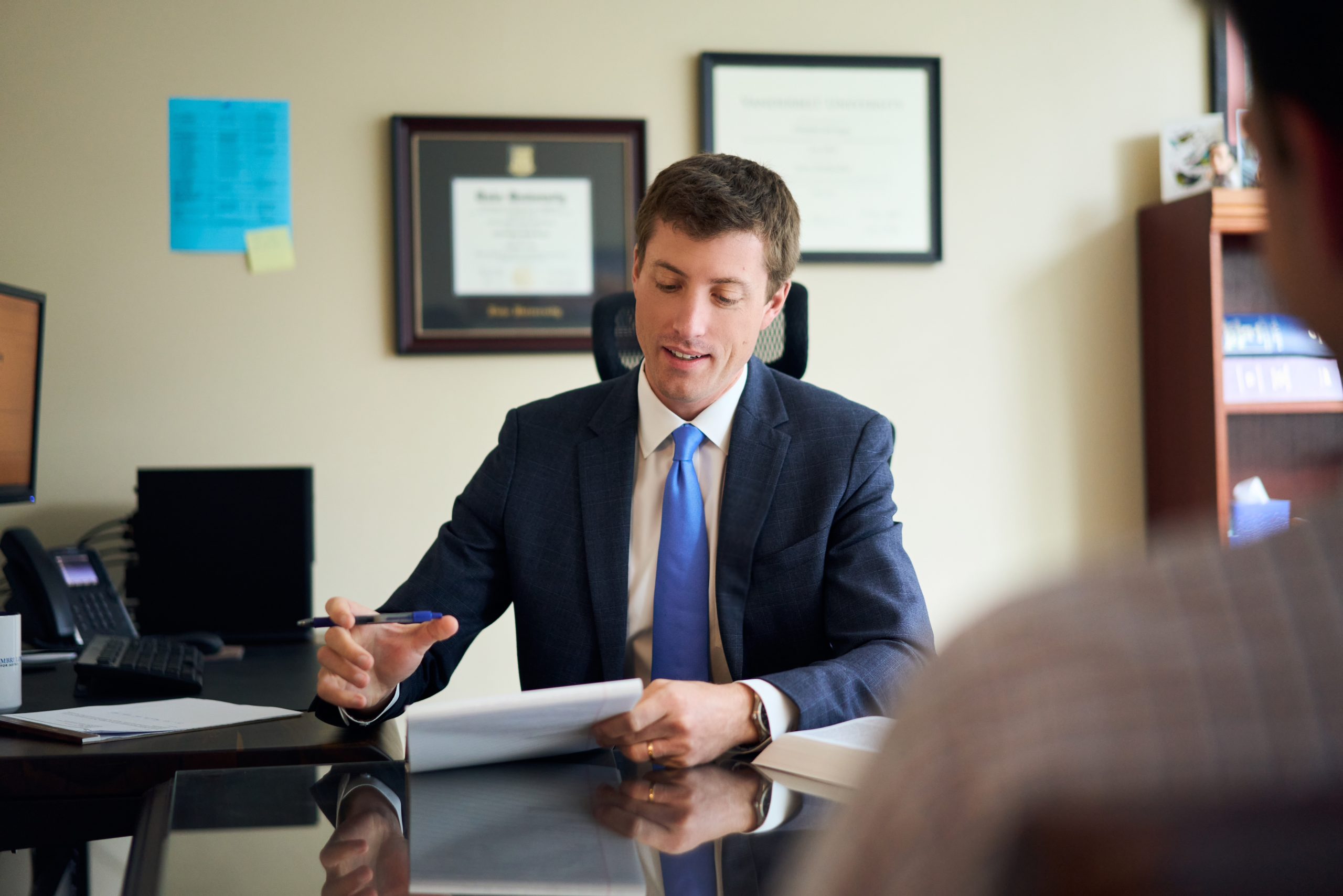Maximizing Your Compensation: Tips for Car Accident Claims in Washington DC
Introduction
Car accidents can be life-altering events, not only causing physical injuries but also financial strains and emotional distress. Navigating the aftermath of an accident is challenging, especially when it comes to dealing with insurance companies and understanding your rights. If you find yourself in such a situation in Washington DC, this guide aims to provide you with comprehensive tips for maximizing your compensation. Whether you're looking for the best strategies or seeking answers about the claims process, we've got you covered.
Maximizing Your Compensation: Tips for Car Accident Claims in Washington DC
When it comes to car accident claims in Washington DC, understanding what steps to take can significantly impact your financial recovery. The key is to approach the situation systematically and informedly.
Understanding the Basics of Car Accident Claims
Car accident claims generally revolve around negligence. In Washington DC, if another party's negligence caused your accident, you might be entitled to compensation for various damages.
What Constitutes Negligence?
Negligence refers to a failure to act with reasonable care that results in harm to others. Common examples include:
- Running red lights
- Distracted driving
- Driving under the influence
Understanding this concept is crucial as it sets the foundation for establishing liability.
Why You Need a Top Car Accident Lawyer in Washington
Having a top car accident lawyer from Washington by your side can be invaluable. These legal experts understand local laws, insurance practices, and how to negotiate effectively on your behalf.
The Benefits of Hiring an Experienced Attorney
Steps to Take Immediately After an Accident
The moments following an accident are critical for both health and legal reasons. Here are essential steps:
1. Ensure Safety First
Check for injuries and move vehicles out of traffic if possible.
2. Call Emergency Services
Report the accident; injuries may not always be visible immediately.
3. Gather Evidence
Collect names, contact information, and statements from witnesses; take photos of the scene.
Documenting Your Injuries and Damages
Accurate documentation is essential for substantiating your claim.
Types of Evidence You Should Collect
- Medical records
- Photographic evidence
- Police reports
- Witness statements
Each piece of evidence plays a role in detailing how the accident affected your life.
Understanding Insurance Policies
Insurance policies can Regan Zambri Long Personal Injury Lawyers be complex; knowing how they work will empower you during negotiations.
Types of Coverage Available
Knowing these types can help you identify what compensation avenues are available.
The Claims Process Explained
Navigating the claims process can seem overwhelming at first glance; however, breaking it into manageable steps makes it easier to follow.
1. File Your Claim Promptly
Most insurance companies require claims filed within a certain timeframe—typically within 30 days post-accident.
2. Communicate Effectively with Insurers
Be clear and concise when providing information; avoid giving unnecessary details that could jeopardize your case.

Negotiating Your Settlement Offer
Once you've submitted your claim, prepare for negotiations regarding your settlement offer from the insurance company.
Key Strategies for Effective Negotiation
Common Mistakes That Can Hurt Your Case
Navigating through a claims process involves several pitfalls that can hinder your chances of receiving fair compensation:
Avoiding These Common Errors:
- Delaying medical treatment
- Admitting fault at the scene
- Not keeping records
Avoid these mistakes by being informed and proactive throughout the process.
Factors Influencing Your Compensation Amount
Numerous factors weigh into determining how much compensation you'll receive after filing a claim:
Important Considerations Include:
Each element contributes significantly to calculating total damages owed.
FAQs About Car Accident Claims in Washington DC
Q1: What should I do if I’m partially at fault?
If you share some liability, remember that DC follows comparative negligence laws which allow you still to recover damages proportionate to fault percentage assigned by insurers or courts.
Q2: How long do I have to file my claim?
In most cases, you have three years from the date of the accident under DC law; however, it's advisable not to delay as evidence may weaken over time.
Q3: Can I negotiate directly with an insurer without an attorney?
Yes, but having an experienced attorney increases chances of obtaining higher settlements due to their familiarity with negotiation tactics used by insurers.
Q4: What types of damages can I recover?

Q5: How does no-fault insurance work?
DC is not strictly a no-fault state; however under certain conditions (such as minor accidents), injured parties may seek compensation directly through their own policies instead pursuing liable third parties!
Q6: When should I settle my claim?

Conclusion
Maximizing your compensation after a car accident requires careful planning, detailed documentation, and often legal representation from experienced professionals like a top car accident lawyer in Washington DC. By understanding negligence principles, documenting every detail meticulously, and negotiating wisely with insurers or involved parties—you enhance prospects toward achieving full restitution following unforeseen calamities behind wheel!
This article provides general information and is not a substitute for legal advice; consult with experienced lawyers for personalized guidance. Attorney Advertising: The information contained on this page does not create an attorney-client relationship nor should any information be considered legal advice as it is intended to provide general information only. Prior case results do not guarantee a similar outcome.